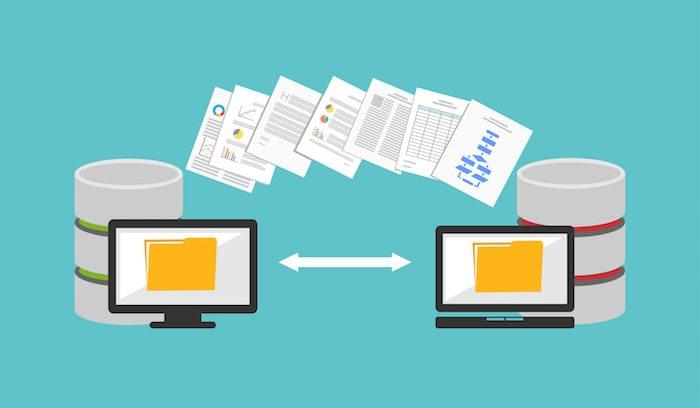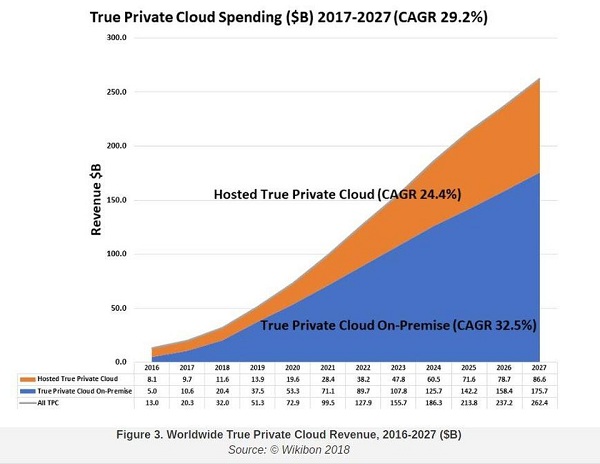We live in an age where the risk of cyberattacks and sudden disasters is at its peak. No enterprise can ignore this risk, and therefore, it is necessary to protect valuable corporate data without impacting its availability. Here, data resilience comes into play. As one of the critical components of modern businesses, it ensures continuous and uninterrupted accessibility while safeguarding data.
As per the definition, data resilience is the ability of a company or its systems to continue operations even during unexpected events that affect data availability directly. Data resilience solutions can play a vital role during incidents like hardware failures, cyberattacks, power outages, and natural disasters. These solutions take regular backups and implement data encryption to ensure the continuous availability of critical information for users.
In this post, we will see the step-by-step guide to building a data resilience strategy along with best practices. Let’s start with understanding different threats to your company’s data.
Understanding the Threats
These days, data resilience has gone beyond data backup. A comprehensive data resilience strategy can ensure that your business works smoothly even if its data is at risk. Here are some threats that you can address through data resilience solutions.
Cyberattacks
This is the most common threat to your corporate data. Malicious actors can deploy ransomware, malware, or phishing attacks to steal or hold your data hostage. Robust cybersecurity measures like encryption, firewalls, and access controls can minimize these risks.
Hardware and Software Failures
Even the best hardware can fail, and software bugs can cause data loss. Regular backups, data redundancy, and taking assistance from reliable vendors can help mitigate these risks.
Natural Disasters
Floods, fires, and other natural disasters can damage physical infrastructure and disrupt data storage. Data centers located in remote or isolated areas and cloud-based storage solutions ensure data availability during such events.
Human Error
Accidental deletion or modification of data by employees can be a major headache. User training on data handling procedures and having clear version control systems can minimize this risk.
System Outages
Power outages, network disruptions, or other unforeseen events can prevent access to data. Having a disaster recovery plan in place can assist your company in neutralizing the risk of data loss during system outages.
A proper data resilience strategy can address these threats effectively and minimize their impact on daily operations.
Building a Resilient Data Strategy
Data resilience is a long-term commitment to understanding data, its vulnerabilities, and its response plan. Here’s how to build a strategy for it-
Identification
Identify your critical data and systems. You can leverage automation to streamline data harvesting and classification.
Consideration
You need to find out how long your company can survive if key systems are down. Analyze the impact of downtime versus the cost of solutions.
Prioritization
Strategically allocate resources to fortify the data and systems that need it most. Your understanding of downtime costs is crucial.
Realization
While cyberattacks are a concern, you should focus on the most likely disruptions that could cripple your critical assets.
Standardization
Establish minimum acceptable resilience standards for your high-priority assets. This could involve aiming for specific uptime targets.
Assurance
Now that you know your weak spots, you can secure systems, patch vulnerabilities, and review your data governance framework.
Automation
Automate tasks wherever possible from identifying risky data to configuring backups. Automation improves response times and simplifies complexities.
Backups
Develop a robust data backup strategy, including air-gapped and immutable backups for ensuring maximum security.
Data resilience is the key to ensuring your data remains available, accessible, and usable even during unwanted incidents. Though it is difficult to achieve 100% resilience, these steps will help you minimize downtime and keep your business running seamlessly.
Best Practices for Different Industries
It is imperative to save confidential business data from multiple threats ranging from cyberattacks to human errors. What makes this task more challenging is the regular increase in data volumes. However, the following best practices can help you meet these challenges.
Proper Assessment
What comes first is making a blueprint of assets and other aspects that require a data resilience strategy. You can also identify how data should be backed up for these assets. You should include risks and potential impacts of data loss, system failure, etc. in a complete account.
Requirement Clarification
It is essential to clarify compliance-related requirements. Moreover, maintaining compliance is an ongoing activity because regulations keep changing. You can work with an external partner or consult a data resilience solutions provider to clarify these requirements.
Complete Documentation
You need to define roles and responsibilities clearly for implementing data resiliency. You can implement the ‘3-2-1-0 rule’ that demands keeping at least three data backups on two different types of media. One of those backups should reside remotely and another should be out of anyone’s reach.
Inclusive Approach
This is one of the most useful strategies. When it comes to disaster recovery and ransomware discussions, you should keep every team member on the same page. Cloud security is also a shared responsibility and without the support of your team members, no business data can remain secure.
Backup Implementation
Tailored data backup and recovery solutions are essential to implement based on your data needs. You can opt for cloud-based data backup and recovery software to achieve this objective. It is always better to get a tailored solution in line with your unique data needs for achieving maximum resilience.
Regular Testing
Your data resilience strategy must include regular testing and upgrading. It is because new data assets and challenges are adding with time to your business ecosystem. Regular testing and review can make your strategy more reliable and robust to save critical business data.
All these best practices can ensure a better future with seamless access to business data during and after any threat.
Future of Data Resilience
Talking about the future of data resilience, automation, and AI will play a bigger role in threat detection and response, enabling faster recovery times. Cloud-based data storage will become even more geographically distributed, offering greater redundancy and protection against localized disasters.
In the coming years, the focus will move beyond protecting data to ensuring its continued usability, data quality, and integrity throughout its lifecycle. As data becomes a more critical asset, data resilience will gain prominence across different industry sectors worldwide.
Concluding Lines
A proper data resilience strategy with best practices can address various threats like natural disasters and human errors successfully. It is better to utilize cloud-based data storage to enhance accessibility and security. Apart from protecting the company’s data, resiliency solutions can ensure its continuous usability and integrity.
At Modern Workplace, we offer your company robust data resilience solutions based on the cloud. We also assist you in making a strategy and executing solutions to ensure true resiliency. We ensure that the cloud-driven solution can work seamlessly to protect your corporate data. Want to explore the scope of our data resiliency solution for your workplace? Let’s connect and discuss.









